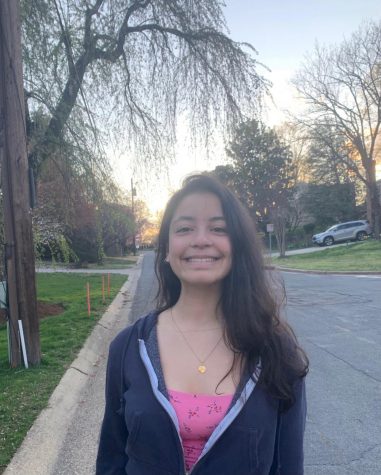“@WhitmanRejections” normalizes college rejections

Hundreds of Whitman students receive rejection letters during their senior year, but social media often portrays a different message. Instagram account “@WhitmanRejections” sought to combat that for the class of 2021.
May 6, 2021
“We regret to inform you that we are unable to offer you a place in our first year class,” said every college ever.
Most high school seniors are faced with this gut-wrenching message at least once over the course of their college admissions journey. A rejection from a school of interest can leave students feeling heartbroken, insulted and — after seeing posts for their accepted classmates on social media — isolated. What rejected students often don’t realize, however, is that they are far from alone in being denied admission from their “dream school.”
This was the ethos for senior Hisham Shami when he created @WhitmanRejections, an Instagram account in which Whitman seniors can anonymously send in photographs of their college rejection letters to be publicly posted.
“Columbia was the first decision I got back in early December, and I was rejected. I was really heartbroken because rejection feels like an ‘end all be all’ feeling,” Shami said. “I felt like I didn’t have anywhere to find solidarity; if I hadn’t had an open conversation with my friends about it, I wouldn’t have known that I wasn’t alone.”
Whitman is infamous for its competitive and high-achieving atmosphere, especially with regard to college admissions. Shami’s goal in creating the account has been to normalize college rejections and eliminate the accompanying self-doubt that students often feel. Even if a student takes six AP classes, has 300 volunteer hours and is a part of three different sports teams, they are not immune to rejection, Shami said.
“I had my fair share of rejections this year, and it obviously takes a hit at your self-esteem to be told that you aren’t good enough for a school that you really wanted to go to,” senior Jordan Lerner said. “But seeing so many other students going through the same thing on the Instagram account and joking around in the comment sections definitely helped me keep my head up through decisions.”
Shami’s account has helped provide a sense of community to students at one of the most critical moments in their academic lives. Senior Trinidad Cubillos especially appreciates the page because she considered it a step towards realistic, non-toxic social media.
“@WhitmanRejections has a special place in my heart. When I’m scrolling through Instagram and seeing all these people commit to super good colleges, looking at the account makes me feel normal,” Cubillos said. “I think it helps us get rid of the expectations of having to get into all of our colleges, especially those who literally accept four out of every 100 people.”
Teachers and counselors are aware of the pressure that students face, which is known to foster a ‘just get the A, no questions asked’ mentality, Shami said. As a result, students are less likely to explore their passions within school and simply complete the minimum amount required to receive a good grade, or cheat to do so, he added.
“Sometimes, our community pushes the narrative that we are less worthy if we don’t get into ‘elite’ universities,” Shami said. “Community college is not even an option. We were conditioned from literal middle school to make fun of community college kids and mock their levels of intelligence.”
In the end, what matters most is students’ happiness; students can obsess over the national rankings, but there are over 2,000 universities in the United States alone, and going abroad is always an option, Whitman college counselor Anne Hutchens said.
“I hope all students try to find a college that challenges them both academically and socially,” Hutchens said. “It is the fit of a school that should be foremost in an applicant’s mind when creating a list of colleges, not the ranking.”









